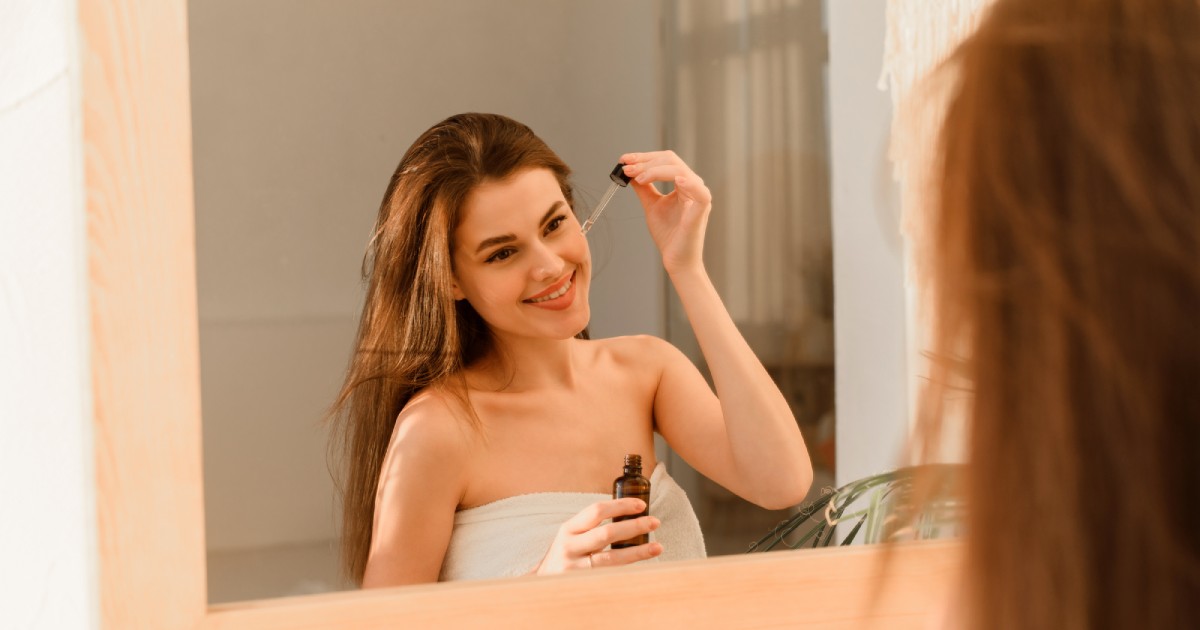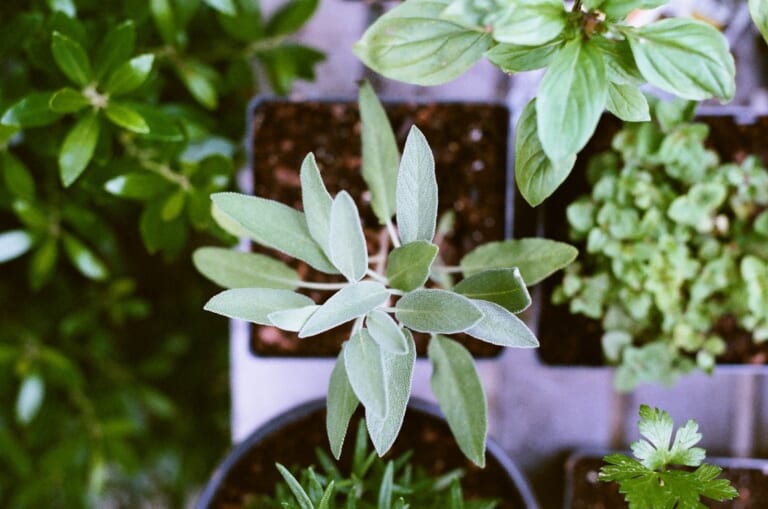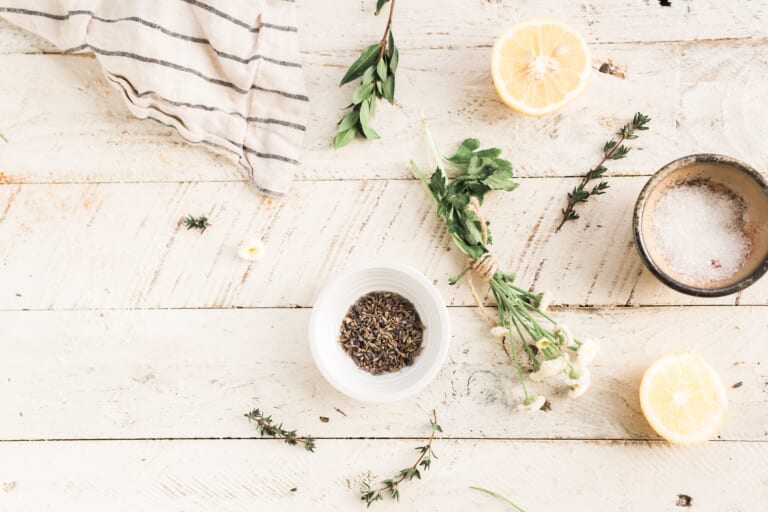What To Know About Using Essential Oils in Skincare
Essential oils are popular in the health world, and for good reason. With calming, antibacterial, and antioxidant properties, these oils have benefits for many areas of your health, including your skin.
However, because of their potency, essential oils require careful handling, especially if you’re going to apply them to your skin. Here’s what to know about using essential oils in skincare.
Are Essential Oils Safe for Your Skin?
You may have heard the warning to never apply pure essential oils to your skin—this is because they can be irritating and even harmful in their pure, concentrated state. But that begs the question: how can essential oils be safe for your skin?
The good news is that these oils are perfectly safe if mixed with a carrier oil before application. Quality carrier oils include jojoba, coconut, or almond oil. These oils provide hydrating benefits for your skin and dilute the potency of the essential oils, making them safe for direct dermal contact.
The Benefits of Essential Oils for Your Skin
Now you know that essential oils are safe to use on your skin—but why might you do so?
Certain oils can provide anti-acne and anti-aging benefits. For instance, tea tree oil can significantly improve and control mild acne. Additionally, shell ginger essential oil has anti-aging properties. And these are just two examples—there are nearly 100 common types of essential oils, and many of them can provide anti-acne and anti-aging support for your skin.
Tips for Using Essential Oils in Your Skincare Routine
Ok, so how can you get started using essential oils in your skincare routine? First, as we mentioned, always dilute your essential oils with a carrier oil. You can also add a few drops to your moisturizer or serum.
If you don’t want to risk direct application, you can still reap benefits by infusing the air with the oils. Using either a diffuser or a humidifier, you can release essential oils into your living space and enjoy some aromatherapy. Keep in mind that this method is not as effective as direct dermal application. It does, however, enhance the effectiveness of a host of other benefits.
Take It Slow
As you introduce essential oils into your skincare routine, remember to take it slow. Less is more—start with very low concentrations at well-spaced intervals and observe how your skin reacts. If you notice any sort of adverse reaction beyond mild dryness and redness that go away, stop usage immediately.







